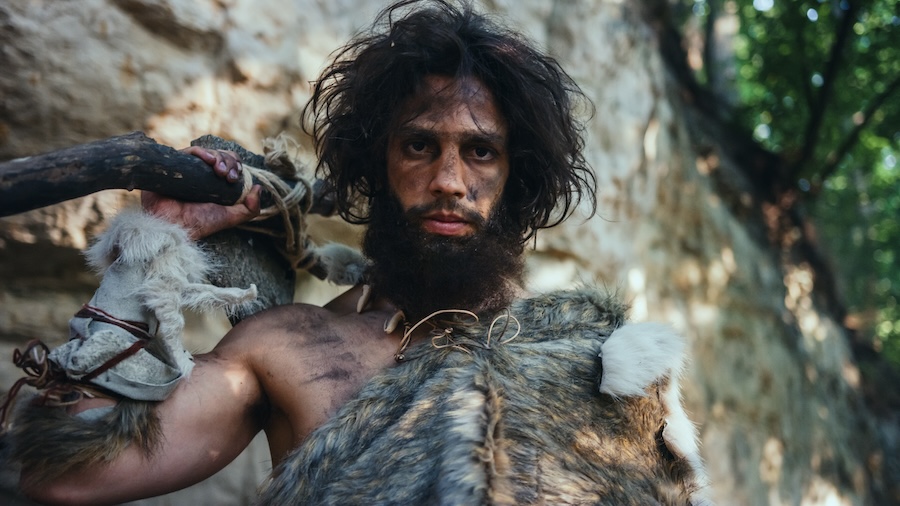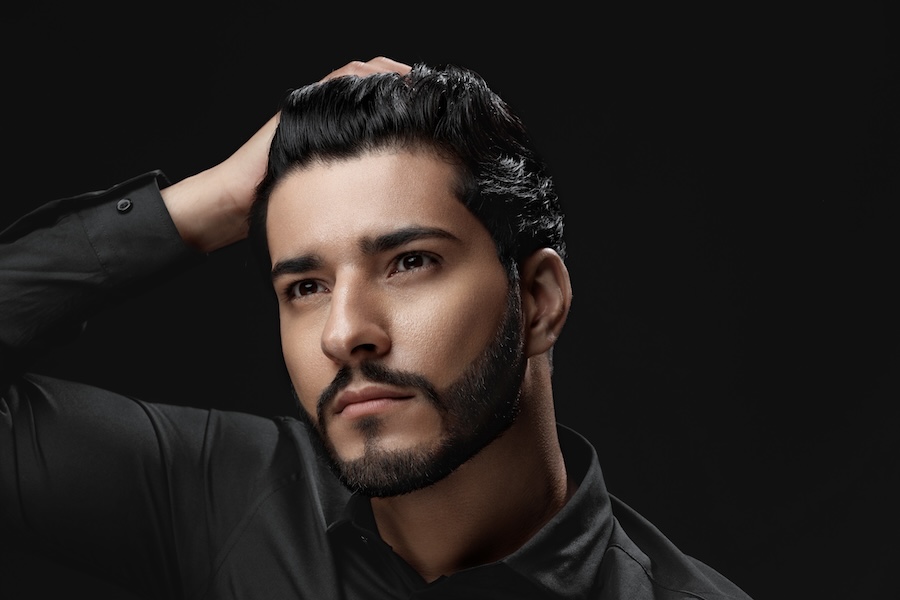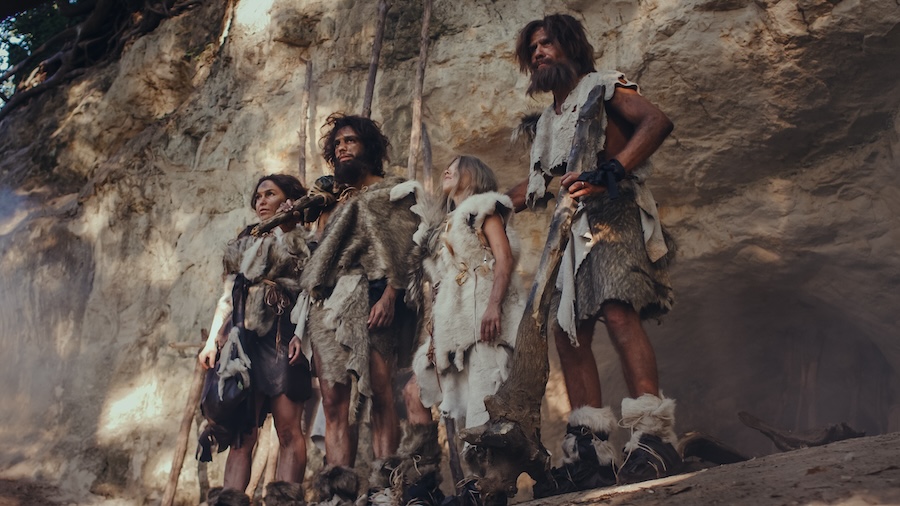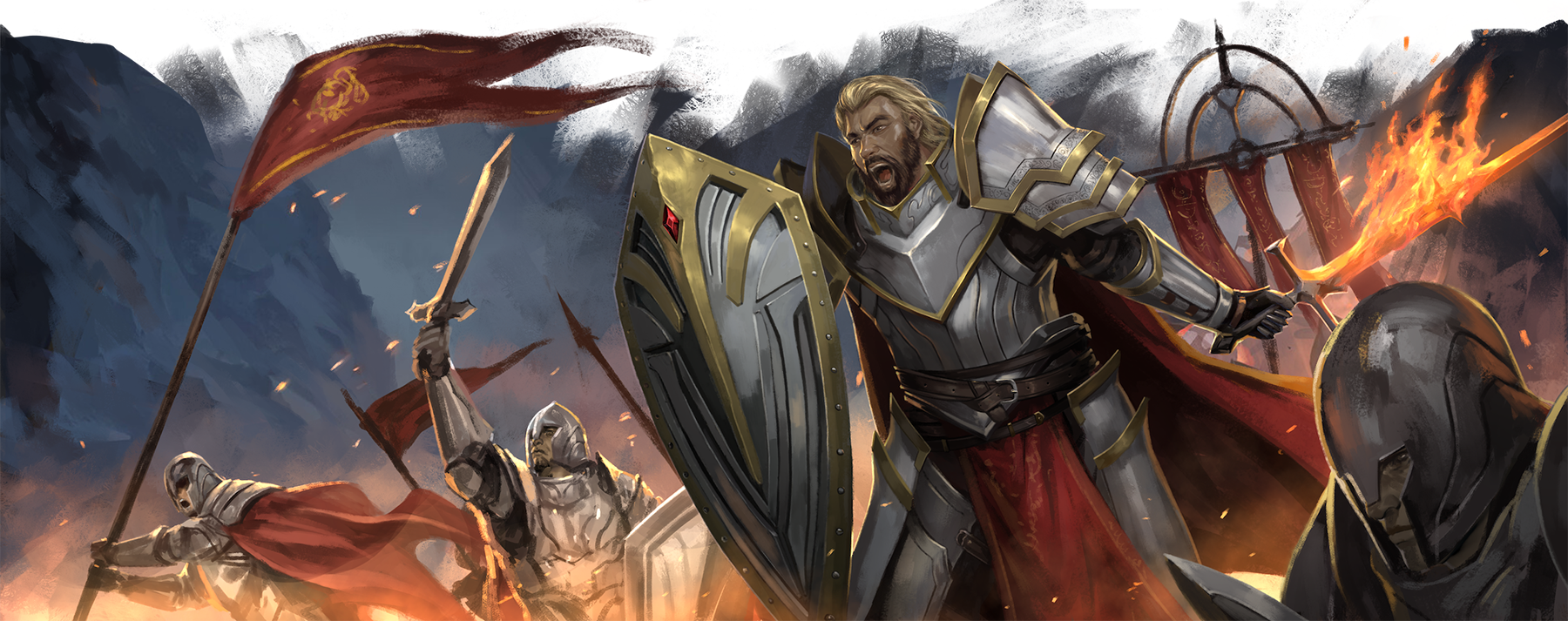Why Did Humans Evolve to Have Beards?
 Medically Reviewed
Medically Reviewed
 Joe Nightingale, MBBS, MSc
Joe Nightingale, MBBS, MSc

Facial hair is completely useless. It doesn't keep us warm, nor does it protect your face. So, what's the point? Why do humans have beards?
Look at our nearest primates; you won't see a beard in sight. Interestingly, male chimpanzees and gorillas, while covered in hair from head to toe, have very little hair covering their facial features. There are no bushy beards on their chin and certainly no mustaches above their nostrils. (Although a handlebar mustache would be a good look for a chimpanzee!)
Yet, walk through your local city, and you'll see full beards, goatees, soul patches, and everything in between. What explains this difference? Is it some kind of evolutionary pressure? Or is it all about sexual selection? Let's find out.
In this article:
- Beards vs. Regular Hair: What's the Difference?
- Do Women Prefer Men with Beards?
- Do Beards Provide an Evolutionary Advantage?
- Other Theories for Beard Evolution
Beards vs. Regular Hair: What's the Difference?

Why do animals have hair? Why do we? Hair or fur primarily serves two purposes: it keeps us warm, and it protects our skin. Depending on where the hair is located on our body, it may also serve an additional purpose or two.
For example, our eyelashes are specially adapted to protect our eyes from bugs, dust, and other small particles damaging our vision. Eyebrows prevent sweat from getting in our eyes. Meanwhile, armpit hair (or "axillary" hair) collects and disseminates our pheromones, helping to attract mates. Even pubic hair helps reduce friction and protect against bacteria.
Facial hair – think mustaches and beards – doesn't meet any of these criteria. Some have suggested it could prevent bacteria and other nasties from entering our mouths. Others push the thermoregulatory hypothesis – but if it's supposed to keep us warm, why is the rest of our face uncovered? It doesn't make sense. There's also the question of why females have little to no facial hair, while it's common among men.
Do Women Prefer Men with Beards?

The first big hypothesis is that beards are ornamental. Like the peacock's tail feathers or the lion's mane, a beard is a human male's plumage – we're showing off.
Under this theory, facial hair conveys virility, sexual maturity, and dominance. It's a signal that breeding females can't miss.
Except – in one study, researchers asked twenty men and twenty women to assess men with and without beards for dominance and attractiveness. The results? Beards didn't affect a man's attractiveness rating consistently. However, men with beards were perceived as more dominant.
Indeed, as the Roman Empire shifted from a citizen's republic to a more domineering society run by a god-emperor, beards became increasingly common. On the other hand, medieval kings were often beardless.
Perhaps beards help men compete with each other, rising up the dominance hierarchy and thus, by extension, attracting more sexual partners. That's just a theory, though.
Do Beards Provide an Evolutionary Advantage?

Okay, what if the underlying reason isn't sexual selection? Could there be another potential explanation aside from sex and dominance?
Well, actually, yes. In an unusual 2020 paper, scientists put forward a strange hypothesis: beards protect your face when it's getting punched. The beard absorbs part of the impact, shielding the underlying skin from friction and direct force.
The authors tested their hypothesis by measuring impact force and energy absorbed by a fiber epoxy composite (a substitute for bone). The composite was covered in either skin from a domestic sheep (to represent fur) versus skin with no hair (either sheared or plucked).
The findings were conclusive. As the authors explained:
"We found that fully furred samples were capable of absorbing more energy than plucked and sheared samples. For example, peak force was 16% greater and total energy absorbed was 37% greater in the furred compared to the plucked samples."
Indeed, supporting their hypothesis is the strategic location of beards. Covering the jaw and cheekbones, it protects the most vulnerable weak points of the human face. Full beards could, therefore, reduce injury, laceration, and contusion to the skin and muscle of the face.
Think of an ancient fight – it's not a regulated boxing match with a referee monitoring the progress. Combatants would scratch, bite, struggle, and grapple – all of which a full, thick beard protects against. Notably, as societies adjacent to Rome became less "barbaric" and violent, beards decreased.
Other Theories for Beard Evolution

Pugilistic cushioning and a lover's lust aren't the only two competing theories behind the evolution of beards. While other theories may not have as much evidence behind them, they are worthy of consideration. Some popular theories include:
- Health Indicator: Beards may signal good health and fertility, reflecting hormonal levels and genetic quality to potential mates.
- Facial Recognition: Beards could enhance individuality and facial recognition, aiding in social interactions and communication.
- Intimidation and Status: Beards might serve to increase perceived size and dominance, impacting social status and mate attraction.
- Protection from the Elements: Beards could provide physical protection against environmental factors, such as sun exposure and cold temperatures, by acting as a natural barrier.
- Prehistoric Display of Age and Wisdom: In early human societies, beards may have symbolized age, wisdom, and experience, enhancing the bearer's status and respect among peers.
- Aid in Communication: Beards could accentuate facial expressions, making non-verbal cues more pronounced and aiding in clearer group communication.
At Beard Sorcery, one of our favorite theories is that beards arose as a display of wisdom and experience. Think of wizards and kings in our mythos – there's a reason they almost always had beards.
Among the earliest civilizations, beards were a common sign of a ruler. Sargon of Akkad, the first emperor in history, is depicted with a long, well-maintained beard – as was common in the region. Even Jesus has a beard, as do other religious or cultural figures like Confucius, Odin, and Zeus.
What do you think? Why did beards evolve? Of course, growing a beard will only give you the authority and dominance of Zeus or Sargon if it's well-groomed. Choose from Beard Sorcery's handcrafted selection of beard products – from balms and oils to cleansing products and brushes.
